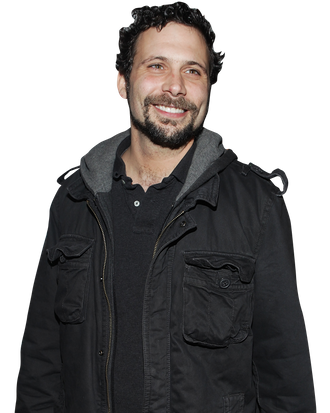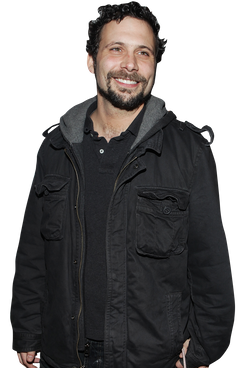

Jeremy Sisto’s follow-up to the unhinged Billy on Six Feet Under and the pouty, brooding Detective Cyrus Lupo on Law & Order (plus many other rough-around-the-edges parts) is a goofy sitcom dad on Suburgatory. Seems like an odd transition, but in a world where Bryan Cranston can go from Malcolm in the Middle to Breaking Bad, the opposite can also be true. And Suburgatory, one of the fall’s most promising comedies, could be the show that cements Sisto’s newfound place in the comedy arena. We called Sisto on his day off to discuss joining the sitcom world, father-daughter relationships, and his “brooding” twenties.
If your artistic choices have imitated your life, as you’re saying, then is there some parallel to your life that you find in Suburgatory? A city guy, venturing into the cushier, safer suburbs, raising a kid?
Really, the hard part of raising a kid besides the labor of it — this shit you have to do that you don’t really want to do — the complicated part of having a happy family is the marriage. It’s dealing with somebody who you love very much but is full of their own history — maintaining that, and keeping that alive and healthy, especially if you didn’t have a great role model in that aspect. This character doesn’t have to deal with any of that shit. In a way, it’s kind of like this fun little fantasy. And it might get to a place where I start having a relationship [on the show]. But it’s really nice to not have that. There’s a really unique relationship between a single parent and their child. Marriages so easily break up. There’s kind of this temporary deal about marriages. That’s one of the things that makes it stressful, and that’s something that’s nonexistent in a parent-child relationship. What I do relate to in the show is having a kid. I have a [2-year-old] daughter, and when I look at her, I think she’s so cool. I’m kind of obsessed with her.




